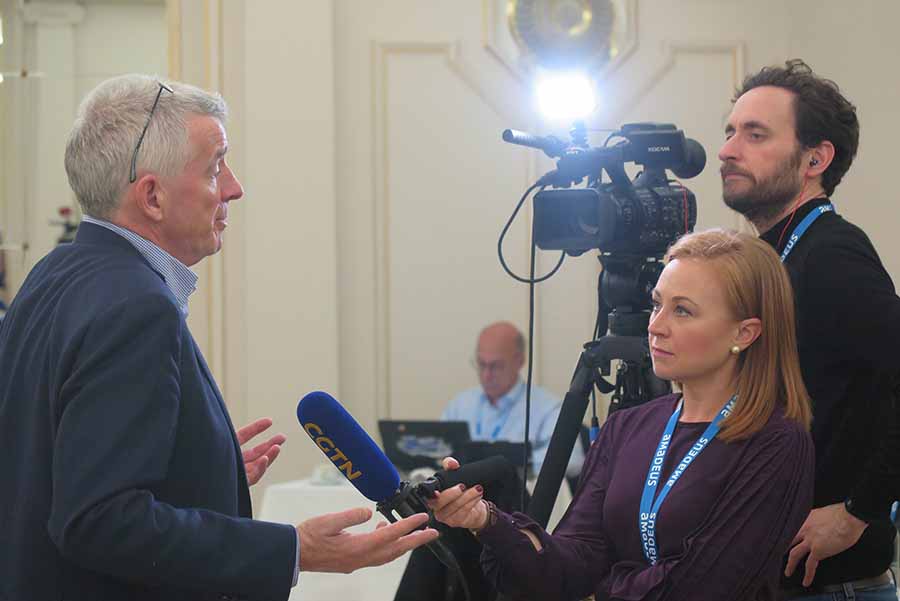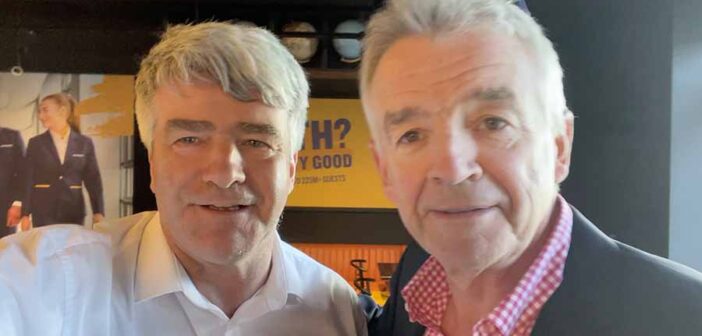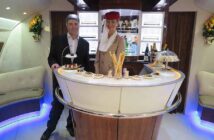
Ryanair CEO Michael O’Leary says the group’s multi-air operator’s certificate (AOC) strategy was a response to union demands for local employment contracts in 2017.
He said while there may be “some small add-ons” the strategy has not developed much since it was launched., and that Ryanair will not be participating in any more large-scale acquisitions such as envisaged by the failed takeover bid for Aer Lingus.
Ryanair’s two airline acquisitions—KLM’s UK-based regional airline Buzz—which held 10pc-15pc of the slots at London Stansted—in 2003 and Vienna-based Lauda in 2018 “were bloody painful experiences. But they ultimately helped Ryanair build up “very strong positions” at Stansted and Vienna..
When Ryanair Holdings was established in 2019, O’Leary said this umbrella company would give Ryanair group-level resources to study acquisitions and growth opportunities as they arose. However, speaking on a Ryanair earnings call, O’Leary said large mergers and acquisitions (M&As) were “highly unlikely.”
“We tend to avoid large-scale M&As. You’re generally inheriting somebody else’s problems and, given our size, it is very easy for the legacy carriers like Lufthansa, Air France and BA to mobilise and lobby against Ryanair M&As. And, with the aircraft orders we have in place now, we can grow organically to 300m passengers a year. Frankly, I don’t really see why we would want to engage in M&As.”
M&As will be the only way for rivals to compete with Ryanair’s expansion. “I continue to believe that in the medium-to-longer term Europe will consolidate into four very large airline groups, which will be Lufthansa, Air France-KLM, IAG and us.
EasyJet, Norwegian, Scandinavian Airlines (SAS) and Wizz Air are all potential targets of European consolidation, following on from ITA and TAP Air Portugal, which both have sales processes actively underway.
“EasyJet is clearly a target for consolidation and ultimately somebody will have a look at Wizz. If it’s not Lufthansa re-establishing some eastward operations, Wizz’s expansion into the Middle East may well encourage an investment from Middle East owners, who are all talking a big story about airline growth, but are constrained by capacity. Wizz has access to aircraft and they will be far better deployed in the Middle East.”
Separate AOCs ios not something we would have done by choice; it was a practical response to a number of issues and challenges we were facing, primarily post-unionisation in 2017.”
The Irish government wanted to levy a local tax on Irish-registered aircraft crews, whereas the newly recognised unions wanted employment contracts and taxation where they were based.
The AOCs facilitated that. It adds a little bit of complexity, particularly on the management side, but I think it’s sensible way forward. Similar models are used by Lufthansa Group and International Airlines Group (IAG).




